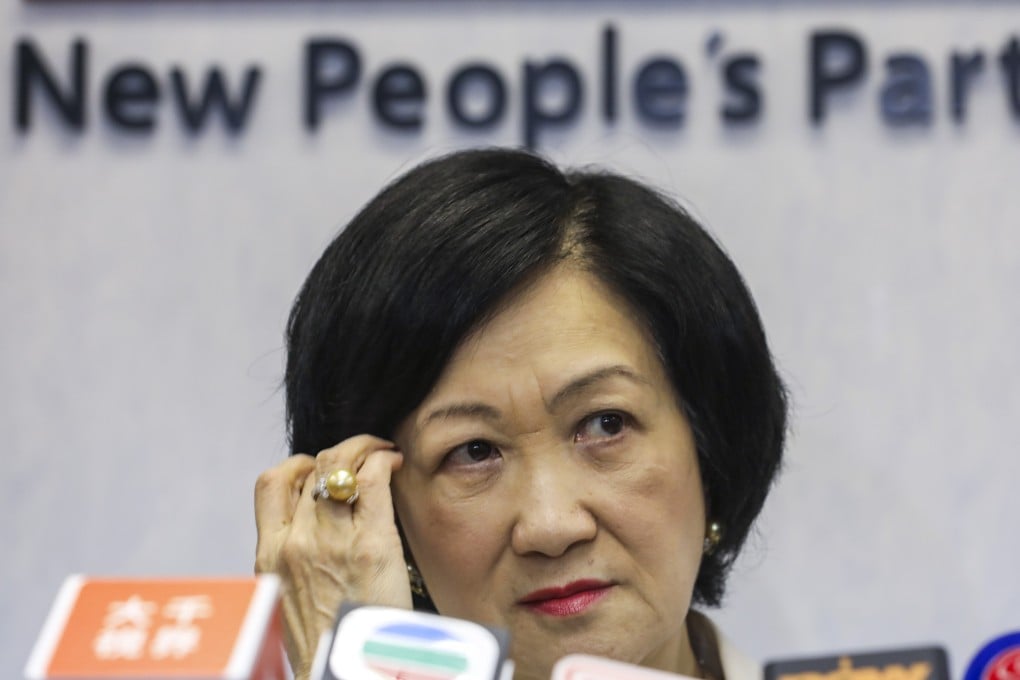Pro-establishment figure calls for curbs on dual citizenship in Hong Kong, saying those who obtain foreign nationality should be stripped of right of abode
- Executive Council member Regina Ip says Beijing should end its special treatment of Hongkongers and impose its own nationality law on the city
- The suggestion, however, does not appear to have much support, even among Ip’s allies in the pro-establishment bloc

Hong Kong’s former security chief has called on Beijing to effectively forbid obtaining dual nationality by revoking the right to live and vote in the city for any resident who acquired foreign citizenship after a “specified cut-off date”.
Even before the arrests, Hong Kong was already bracing for a surge of emigration after London created a new route to citizenship for locals eligible for British National (Overseas) status. The new visa scheme was envisioned as a lifeboat for Hongkongers in the wake of the imposition of the security law, which Britain has deemed a breach of the Sino-British Joint Declaration.
Describing Britain’s offer as “a slap in the face of Chinese authorities”, Ip said it might be time for Beijing to end its special treatment of Hongkongers and enforce its own nationality law in the city.
“This could be done after a specified cut-off date. Thereafter, Hong Kong Chinese who acquire a foreign nationality of their own free will, will be deemed to have lost Chinese nationality, in strict accordance with Article 9 of the Chinese Nationality Law,” Ip, a government adviser on the Executive Council, the city leader’s de facto cabinet, wrote in an opinion piece in the Post on Sunday.
“If that happens, Hong Kong Chinese who acquire a foreign nationality by emigration or other means voluntarily would automatically lose their right to hold concurrently a Hong Kong Special Administrative Region passport. They could also lose the right of abode in Hong Kong and the attendant right to vote in Hong Kong elections.”
Further elaborating, Ip said Hongkongers who were stripped of their Chinese nationality would be treated like any other foreigner, and would have to start from scratch to achieve permanent residency by living in the city for seven years as stipulated in Article 24 of the Basic Law, the city’s mini-constitution.
Asked whether her plan might actually have the effect of spurring Hongkongers to leave sooner, Ip said one should weigh the costs and benefits before moving. “All Britain wants is capital and cheap labour,” she said.